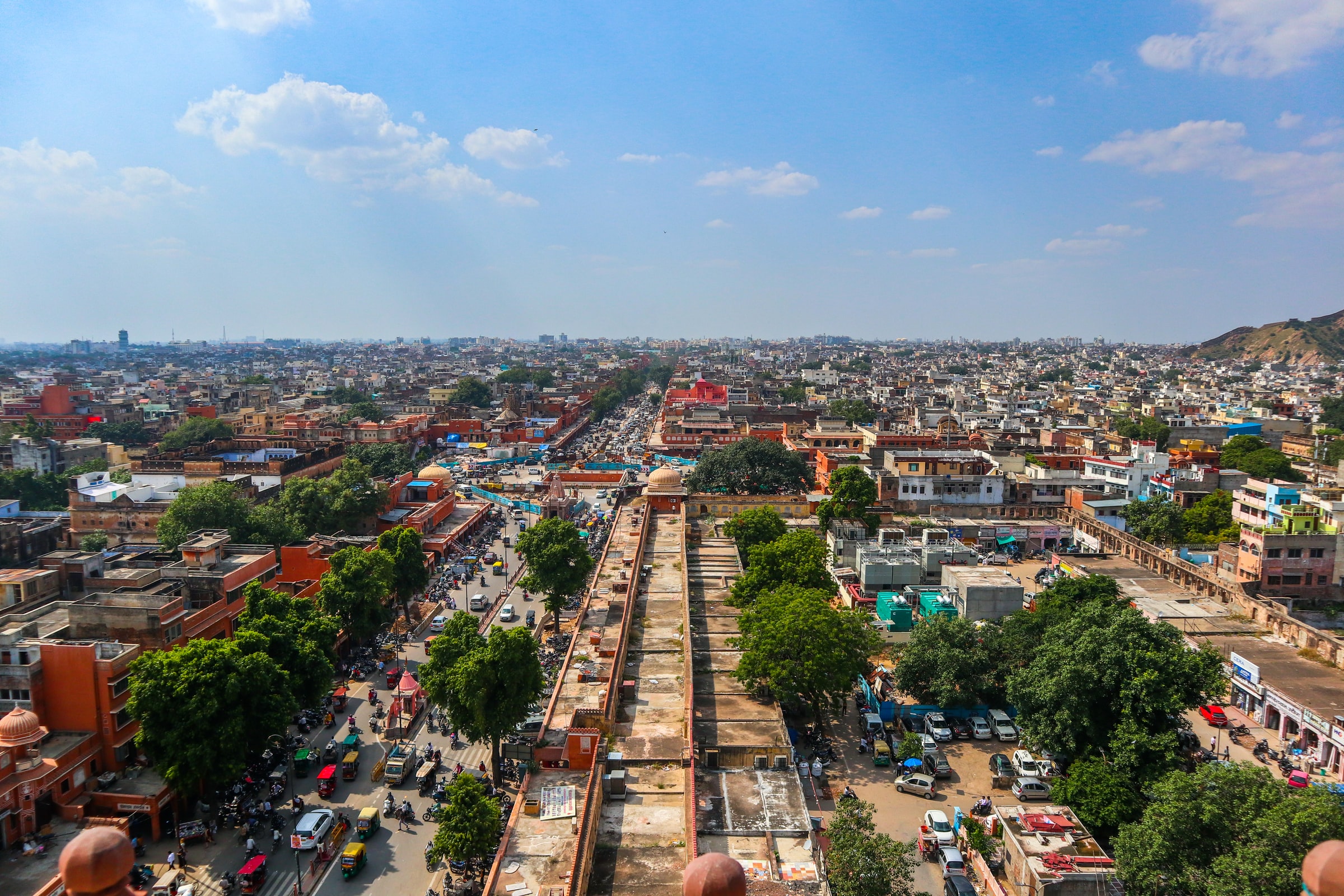Heat Stress and Thermal Comfort
Course Name: Heat Stress and Thermal Comfort
OCW type: PDP
Higher Education Institution: School of Planning and Architecture (SPAV), Vijayawada

Description of course
Aim: The course will enable participants to understand some of the state-of-the-art tools and techniques that are used in thermal comfort and heat stress related studies in an urban setting. In India, the planning and design of low-income housing or resettlement of colonies has historically been dominated by politics with cost of the unit and quantity being prioritized over quality and comfort. In a country that experiences different climatic conditions throughout the year, buildings need to be responsive to the local climate that helps in improving the thermal comfort of the inhabitants. For understanding, mapping and drawing planning & design guidelines for accessing and improving the thermal conditions of a low-income rehabilitated housing settlement. This course shall overlay the approach to investigate in development of comprehensive methodology for carrying out thermal comfort studies with a focus on resettlement colonies.
Course Objectives:
The main objective of the six day online ‘Professional Development Programme (PDP)’ was to update and develop capacities of professionals and researchers working in the field of thermal comfort studies in urban setting.
Learning Outcomes: The participants can expect a stimulating, intellectual and enriching technical experience aimed at augmenting their skills and capacities on Heat Stress, thermal comfort models, modeling techniques etc.
Course Structure
Course Duration: Six-Day programs, with two sessions per day
Course Frequency: Yearly and as per the demand
Course Format: Course format includes Lectures, Workshops, Lab and Short-term Project
Course Content
Prerequisites for participation: Architects, Urban Designers, Energy Analysts are eligible.
Course Syllabus:
Introduction to Building Physics characteristics, traditional wisdom Thermal comfort and adaptation strategies for mitigating adverse heat waves. Construction techniques, sensitive planning and design of buildings and settlements etc.
1. Comfort Models and techniques of study
2. Heat stress -Urban Heat Island modeling approaches
3. Quantitative tools and techniques for thermal comfort study
4. Instruments and field measurements protocols and emerging techniques
5. Case Studies
Course Assignments: Reading published resources on thermal comfort study and Hands on experiments with thermal comfort related instruments.
Expected time spent on course:
Time spent in hours: Minimum of 40 hours
Time spent in ECTS (European Credit Transfer and Accumulation System): No Credit
Course Evaluation
Evaluation Procedure & Criteria: Predesigned feedback forms from the participants shall be evaluated at the end of the course.
Faculty Evaluation: Interaction during the presentation by the mentors.
Student Evaluation: The participant evaluation shall be done by the mentors.